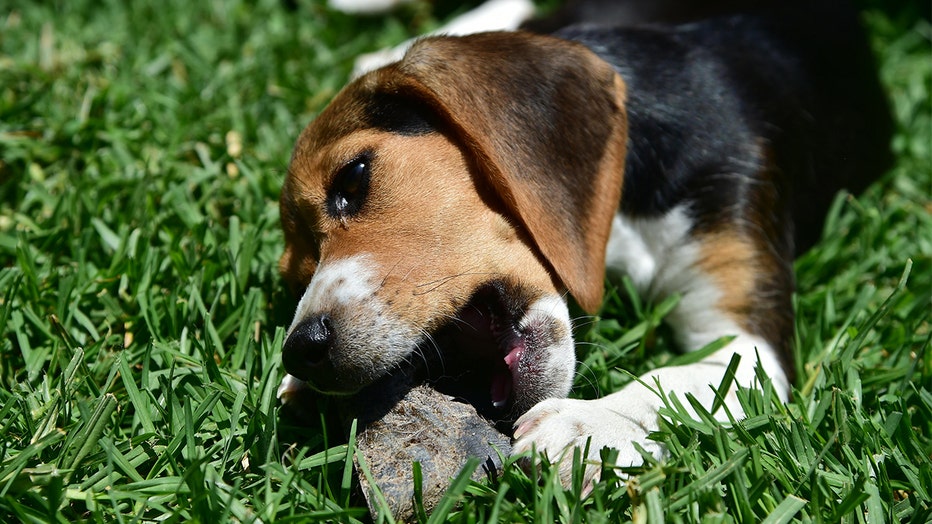Tiger’s coronavirus case sparks new warnings for pet owners
WASHINGTON (FOX 5 DC) - Social distancing from Fido? You better believe it.
Top veterinary experts are making startling new recommendations after more than half a dozen large cats came down with COVID-19 at the Bronx Zoo in New York.
A 4-year-old female Malayan Tiger named Nadia, was the first animal in the United States to test positive for the virus, and the first tiger in the world to contract it.
RELATED: Tiger at NYC Bronx Zoo positive for coronavirus
She and six other lions and tigers at the zoo are expected to make a full recovery, after they were infected by a caretaker, who was not symptomatic at the time but began showing symptoms later.
Although Nadia was the first animal to be diagnosed in the U.S., Dr. Douglas Kratt, with the American Veterinary Medical Association, says her case falls in line with others internationally.
“All of the transmissions that we have found thus far, we found with respects to, someone was ill, clinically ill, with direct contact with those pets," said Dr. Kratt.
CORONAVIRUS RESOURCES: Everything You Need to Know
When it comes to your own animals, Dr. Kratt suggests the same social distancing and personal hygiene measures that doctors recommend for humans.
Spend time with your own family pets, but stay away from others. Wear a mask in public. Wash your hands thoroughly and frequently.

FILE: A beagle plays on grass while chewing on a treat. The FDA and CDC are urging pet owners not to purchase or feed pig ear treats to their pets over salmonella concerns. (ROBYN BECK/AFP)
He says, there is not enough data to show that people can contract the virus from pets, but there is clear evidence that you can give it to them.
Not only can your pets contract coronavirus, but they can also carry it on their bodies, in the same way it lives on surfaces like your countertops.
Dr. Kratt recommends continuing to walk your dog and spending plenty of time with it. Pets are known stress relievers, which can be especially useful during a crisis. However, if you do get sick, keep your distance.
“If it’s an opportunity and someone’s ill in the household and it’s a multi-person household, have someone else take care of the pet. If that’s not an option and at times it’s not an option, or this animal may be a service animal, practice good hygiene, washing your hands, keeping a mask on, don’t hug and kiss the pet,” recommends Dr. Kratt.
CLICK HERE FOR MORE CORONAVIRUS COVERAGE
Keep an eye on your pet’s overall health and if it begins to show symptoms of coronavirus, such as a dry cough, call your veterinarian immediately.
Many vets are offering telemedicine services through Skype, FaceTime or Zoom or they can facilitate an in-person exam, if necessary.
For more information and daily updates about COVID-19 in animals, visit: COVID-19 | American Veterinary Medical Association


